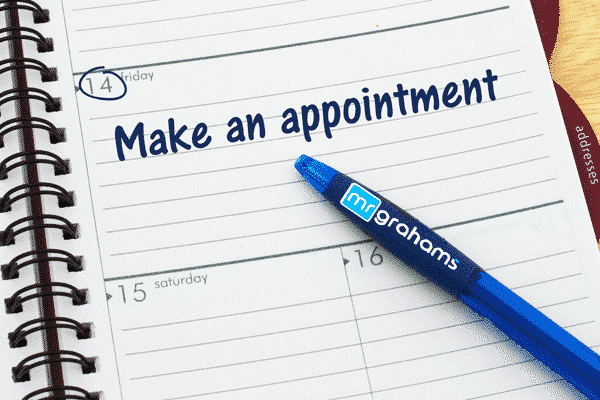Business English for appointments
Is your Business life an endless series of appointments and meetings? Do you need to make appointments with colleagues, customers or Business partners in English? If the answer is yes to these questions, these Business English tips for making appointments will help you manage your time better. Plus, do not forget, using polite, positive […]
Business English for appointments Read More »

